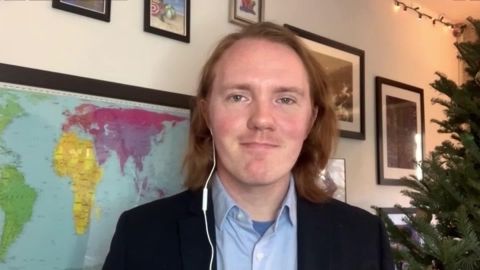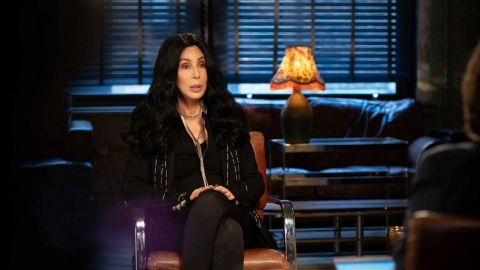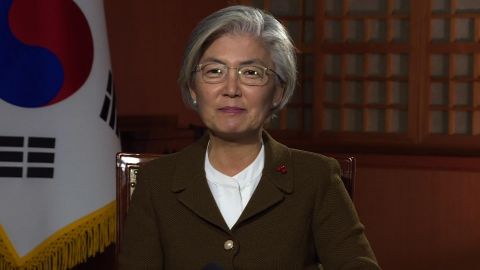Read Transcript EXPAND
KANG KYUNG-WHA, SOUTH KOREAN FOREIGN MINISTER: Yes, we are in the midst of our third wave, which is turning out to be higher than the first and lasting much longer. And it is thus because the virus has now penetrated into every corner of everyday life of people. And it’s happening mostly in the metropolitan Seoul area. And you know how packed with people this particular area is in a country that is already one of the most population density-wise, high-density country. So, it’s — today, in fact, we have hit the peak, highest number so far at 1,073 new confirmed cases, including, of course, those who have recently come in from overseas. But we are — our system is now ramping up on all three T’s, the testing, the tracing and the treatment. And so it’s time for us to be ramping up on the basic setup, which is our very robust three T’s.
CHRISTIANE AMANPOUR: Let me ask you, though, just to back up a little bit, because treatment involves, obviously, hospitalizations. And we understand that, literally, at this moment, you may have only one ICU bed available, one bed available in, as you say, your very densely populated capital. That’s a real problem.
KANG: Yes. Yes, I think that getting, securing more hospital beds is the challenge of the day yesterday, today and the days going forward. We’re also a system where 10 — just 10 percent of our beds are publicly administered. The 90 percent, the rest, are in private hospitals. So, our health authorities are also talking to the private hospitals to secure some beds in the private setting. So, I think there are a series of flexibility going forward, but ,of course, we want to make sure that our public facilities are fully utilized before we travel down that road.
AMANPOUR: Can I ask you to react to what the prime minister said just yesterday, you know, basically lamenting the fact, as he says, that South Koreans have let their guard down after such pretty impressive discipline and control in the first wave? He said yesterday: “While most follow the rules, some are fueling the ferocious spread of the virus with their carelessness and irresponsibility.” And I’m just wondering whether this will lead — I don’t know whether you can tell me about what your government is discussing, for the first time, a lockdown, a soft lockdown, a hard lockdown, but some kind of lockdown.
KANG: This is a very difficult discussion. Some say, yes, we should,. Some say, no, we shouldn’t hurry into it because the social economic consequences are going to be so huge. So you have to work through how this will play out if, in fact, it will be effective in terms of capturing the further spread of the virus, so, it’s a very, very tough, tough discussion and a tough call, if it should be made.
About This Episode EXPAND
Christiane speaks with South Korean Foreign Minister Kang Kyung-wha about the country’s pandemic response. She also sits down with iconic pop star Cher. Michel Martin speaks with former white nationalist Derek Black.
LEARN MORE


